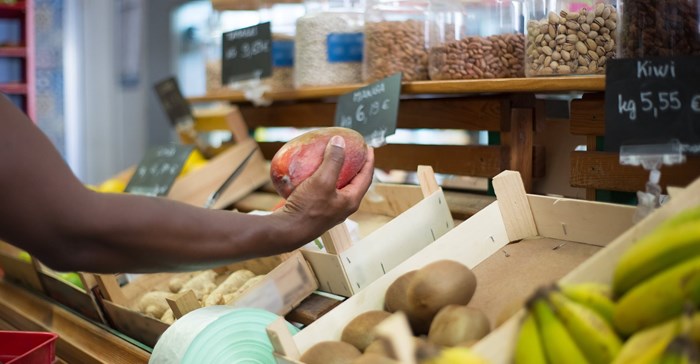Potential VAT increase a double-edged sword, says tax expert

However, with the budget deficit having increased by R54.7bn and the state still grappling with high debt-service costs, a VAT increase is a possibility that is never totally off the table.
Following the recent proposal by the National Treasury of a potential 2% VAT increase being on the cards, concerns have been raised about the impact this could have on consumers, businesses, and the economy of the country as a whole.
A VAT increase has obvious benefits for the National Treasury, primarily in terms of generating additional revenue for the fiscus to fund new and crucial priorities for the country.
The other advantage of an increased VAT rate is that it can be implemented relatively swiftly, requiring only a minor amendment to the VAT Act. With the nation in urgent need of additional funds, the viability of raising VAT seems plausible, but in reality, whether the benefits outweigh the costs remains to be seen.
For instance, in April 2023, the Sars Commissioner highlighted that the 2021/2022 fiscal year saw the largest VAT refunds the tax collection authority has ever collected to date. New data will be available in 2024, but even as of 9 October 2023, the Minister of Finance has indicated a higher increase in VAT refunds in the first quarter of the 2023/2024 year than anticipated.
Cost-of-living could crush consumers
As the country nurses a fragile economy and grapples with the sky-high cost of living, not to mention record-high unemployment rates and a significant informal economy, a VAT increase could spell disaster for the ordinary South African citizen.
VAT is essentially a consumption-based tax allowing the fiscus to collect revenue at various stages of the ‘production line’ until the final consumer (i.e.: the ordinary citizen) is reached who then contributes the biggest portion of the tax.
This means that an increase in VAT equates to a direct hike in the price of consumer goods and services. As a result, consumer buying power decreases, making it challenging for individuals to maintain their accustomed level of consumption or access to goods and services of the same quality.
Ultimately, this reduction in disposable income could potentially lead to a drop in living standards.
This more often than not triggers an unwanted cycle of money-borrowing to help people make ends meet – cover the grocery bills and pay off debts for the previous month – and results in a spiralling debt burden across the consumer landscape.
It is also important to keep in mind that VAT is levied on goods and services at a standard percentage irrespective of how much somebody earns, and as such is typically ‘regressive’. This means that lower-income individuals automatically pay a larger proportion of their income to VAT than higher-income earners.
In this way, a VAT increase can exacerbate income inequality unless there are measures put in place to offset the financial burden and protect vulnerable communities. This will require a complete revision of the Second Schedule to the VAT Act, which lists the items that are subject to VAT at zero rate, to minimise the impact on those individuals who will be hit hardest by a VAT hike.
Businesses to bear the brunt
Small businesses take a similar, if not in some cases a greater, knock as a result of VAT hikes. Businesses face higher costs for purchasing goods and services too, but are often hesitant or unable to soften the blow by passing some of the cost burden on to their customers in the form of a price increase.
Businesses may be wary of losing their long-held customer base due to price sensitivity, which can directly erode their profit margins.
As people have less money to spend, businesses will collect less revenue on behalf of the fiscus. Small businesses will suffer as a result, with profit margins directly affected. As accountancy professionals, we are also aware that small businesses in South Africa often struggle with cash-flow management.
With an increase in VAT requiring them to pay more upfront for their purchases, their inability to manage cash flow is exacerbated as this VAT may not be immediately recoverable.
Another ripple effect of this is that small businesses may find it more difficult to compete in an already crowded marketplace, with larger competitors that have more resources and are better equipped to absorb the increased VAT costs or navigate any potential additional administrative burdens.
As a result, some small businesses might opt to operate in the informal economy or engage in tax evasion to avoid the higher VAT burden. In a twist of irony, this can lead to reduced tax revenue for the government and create an uneven playing field across the business landscape.
A VAT increase may present a positive, quick and efficient solution, at least from a governmental perspective in the way of boosting the fiscus, but remains a short-term solution with a number of negative consequences trickling down into the rest of the economy, affecting businesses, ordinary citizens and indeed government’s efforts towards economic recovery.

































